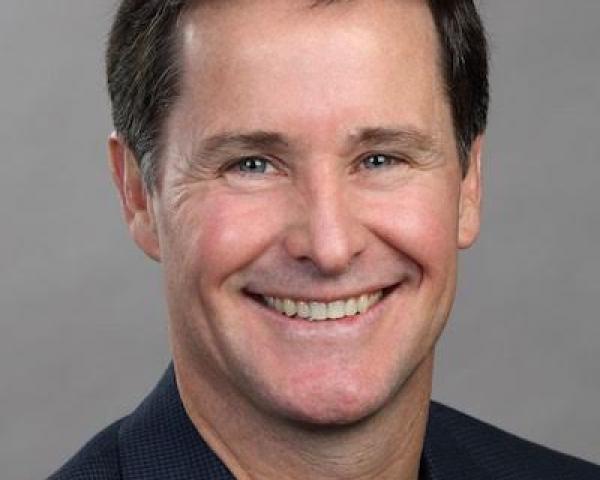Despite optimism at the outset of Q4 2021, property and auto insurance shopping trended below 2020 levels by year’s end, according to the results of TransUnion’s latest Personal Lines Insurance Shopping Report.
While the auto insurance market remained suppressed throughout 2021, the housing market had been red-hot until year’s end, when it dropped into negative territory for the first time in more than 18 months. The findings reveal that in Q4 2021 auto insurance shopping was down an average of 13%, while property insurance shopping dropped an average of 3.4%, compared with the same period in 2020.
Several factors cooled off the property market, including the resurgence of COVID-19, as well as rising interest rates and rent prices. Shopping rates had been elevated well above normal levels, and this change may have been more of a correction following a solid year.
Other findings in the study showed that record-breaking prices for both new and used vehicles deterred many consumers from auto shopping. At the same time, insurance premiums have continued to rise in response to increasing severity trends, prompting more consumers to switch carriers, according to a recent report by J.D. Power.
What does this mean for 2022?
COVID-19’s omicron variant served as a harsh reminder that even near-term events are challenging to forecast. Another factor is the increase in severe weather events in December. The TransUnion report notes that damages inflicted by tornados pushed the U.S. past its predicted $105 billion in weather-related losses. The fallout is likely to include generally higher premiums and lower marketing budgets, which will reduce consumer engagement—a critical element of sales.
Despite this volatility, some projections can be offered. For example, auto lending to non-prime customers will likely grow in 2022, but vehicle inventory may affect overall originations.
See also: Property Claims: It's Time for Innovation
Also, while the housing market cooled, homeowners are still likely to take advantage of their equity gains by selling and downsizing or renting. Millennials will continue to be the most active in migration and home purchases. The report notes that there are more Black and Hispanic households within this group than in older generations, and homeownership among younger Hispanic people is growing especially fast.
As Millennials mature and have increased earning power, they face unprecedented and unpredictable financial, environmental and social changes. Insurers should take a partnering approach by meeting people where they are in their current financial pictures and by offering flexible solutions.
To learn more, please visit TransUnion’s latest Personal Lines Insurance Shopping Report.






